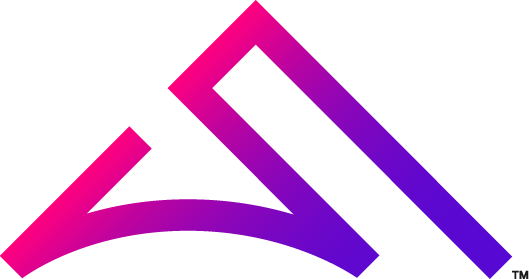As we leverage more tools and create more sophisticated digital engagements/experiences, we have more and more data about our customers available. With customer experience data alone, the average organization has over two dozen potential technology applications and data sources to leverage customer data (1) These include multiple social media streams, CRM platforms, marketing automation, PPC advertising, Point of Sale/eCommerce, survey tools, email marketing tools, and the list goes on.
There is so much we can do with data, but many organizations, managers, and executives feel like data exercises are frustrating and time-consuming. How can all this data be useful if we don’t have ways to connect, view, measure, and act on it?
While technological advances may have gotten us to this issue of data overload, technology is also the solution to making data more meaningful and useful. Imagine the possibilities for efficiency when all of your information is available in one single location and all working together. This may sound like a costly endeavor, but the return on investment will be well worth it. According to a study by the University of Texas in Austin on Fortune 1000 companies, a 10% increase in data usability could increase a company’s revenue by over $2 billion. (2)
Suggestions for using technology to make data more meaningful:
Enterprise Resource Planning (ERP) Integrations
As the hub that ties all other administrative applications of an organization together, an ERP system is usually the most massive piece of software in an organization. The system includes modules for every facet of the business – finance, accounting, customer management, human resources, manufacturing, inventory management. Most organizations cannot afford to operate without the automation, integration, and efficiencies an ERP delivers.
Having a way to get information out of an ERP into other systems for specific reporting or usage is critical in today’s IT environment. Leaving data locked away in an ERP system may be slowing you down.
Having an application in place to automate these ETL functions of your business should only be the beginning. The real magic comes when you have meaningful data pipelines to get the information to the right departments, clients, or executives at the right time and in the format they need it.
Better Integration with your SaaS, Custom, and Third-Party Apps
Successful organizations leverage many different systems to achieve results — ERP, CRM, eCommerce platforms, accounting, analytics, marketing automation, channel/marketplace integrations, warehouse, fulfillment, and more. Most modern applications are built leveraging API’s. These API’s are the gateway to integrating systems and more importantly their underlying data. For software without an API custom software and services may be able to unlock that data and get it into the hands of the right people.
The takeaway – the cost of increasing data effectiveness is relatively minor compared to the resulting substantial returns.
—-
At Atlantic BT we have over two decades of experience building software and integrating software to work more efficiently together. Not every source of data or software application “plays nice.” That won’t stop us. We can build unique ways to harvest and integrate data, even if it’s not easy. We love a good challenge. What’cha got?








